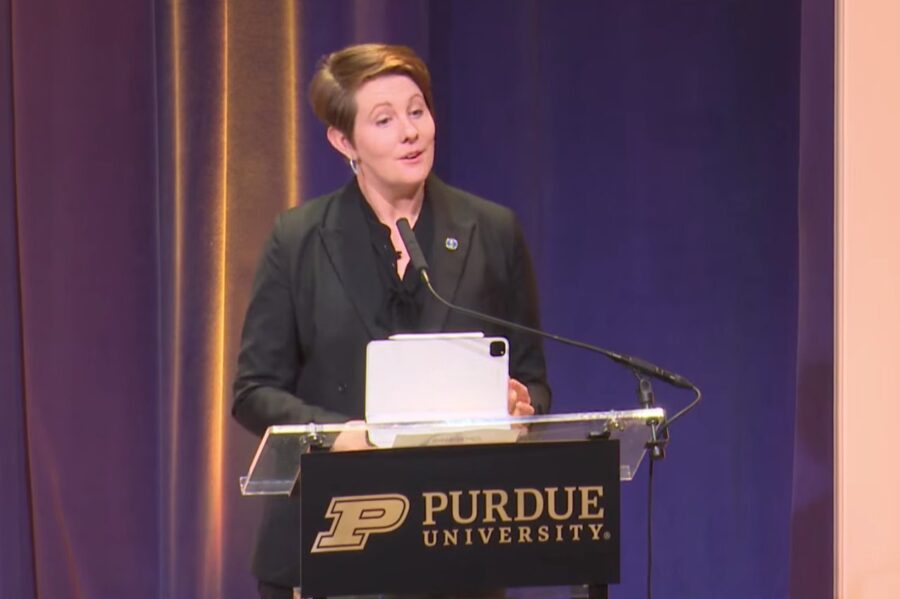
The U.S. should develop a series of scientific criteria that can be used to extend the operating lifetimes of nuclear power plants through the middle of the century, the Department of Energy’s lead nuclear power official said Wednesday.
“If we would like our…